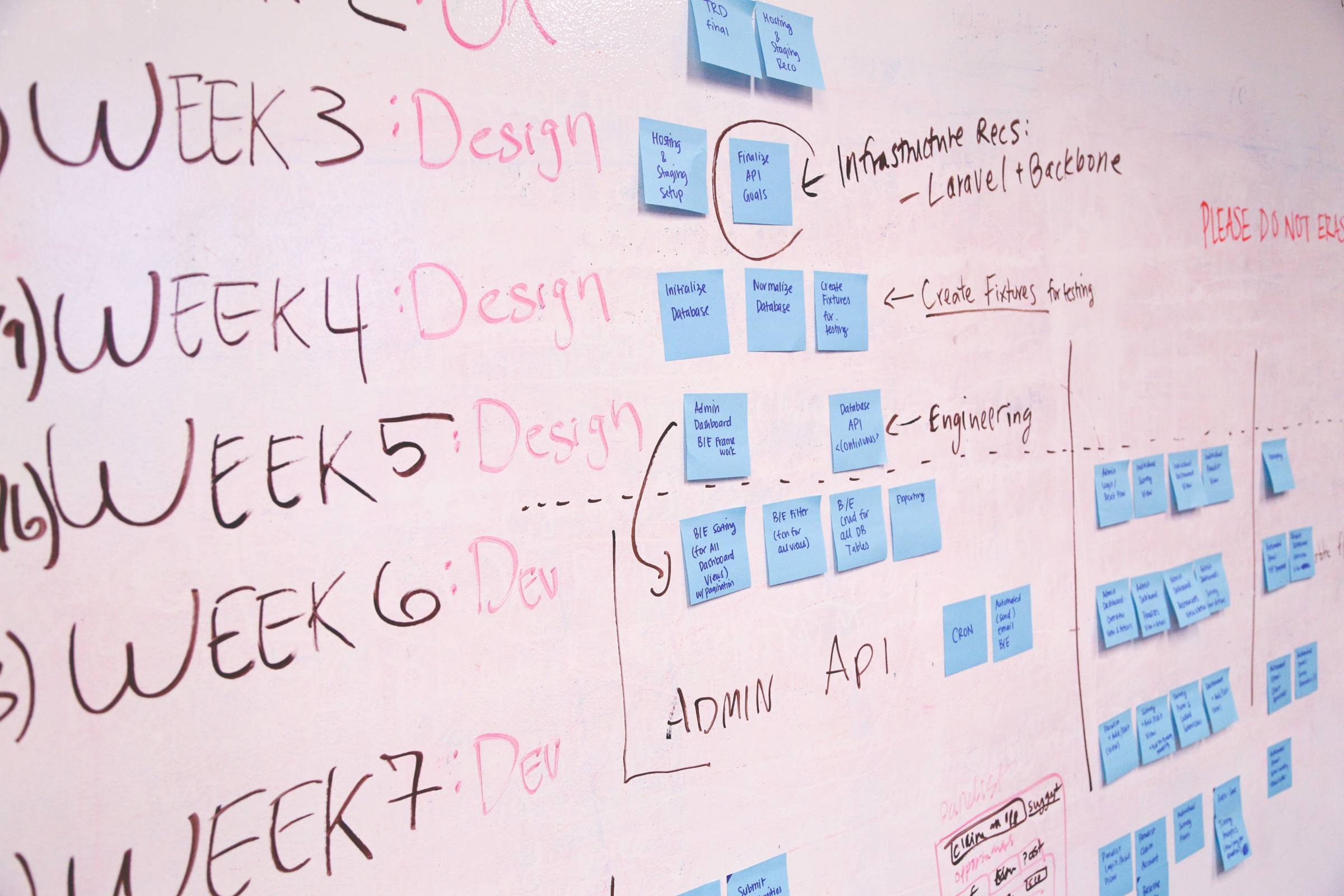
Institutional Effectiveness & Compliance
Our Mission
The Office of Institutional Effectiveness and Compliance’s (IEC) mission is to assist the college in promoting a culture of continuous improvement by facilitating a college-wide comprehensive planning, assessment, and evaluation process; assisting the college in maintaining good standing with its institutional and program accreditation agencies; and by coordinating college-wide committee membership and evaluation.

Process & Framework
The IE Framework starts with the DSC mission followed by the DSC Strategic Plan (goals and strategic priorities to support the mission). Within the framework, there is an eight-stage model of Outcome Assessment for academic and non-academic units, and a five-step model, SHINE, that documents outcomes assessment.
The IE Framework supports compliance with the standards and requirements of the Southern Association of Colleges and Schools Commission on Colleges (SACSCOC).
Planning at DSC
Planning at DSC involves strategic and tactical planning to determine the priorities and initiatives that best support the College’s mission.
-
Strategic Plan To accomplish its mission, the college is guided by a three-year strategic plan that identifies goals and strategic priorities to support the mission. Led by Planning Council, the plan was developed by analyzing opportunities, and threats; conducting an environmental scan; and through soliciting feedback from employees and stakeholders. Through these activities, the Council determined key trends impacting the college’s future and strategies to respond more effectively to the community it serves.
-
Unit Plans The college’s academic and non-academic areas develop, implement, and measure unit plans to determine the priorities and initiative that best support the College’s Strategic Plan and student success.
-
Planning Council Planning Council acts as a point of consensus in a participatory process that supports the College through coordinating planning and assessment activities, identifying and evaluating issues significant to the planning process, and recommending outcomes and strategies, which enhance student success, ensure academic excellence, build community partnerships, and emphasize institutional effectiveness.
To ensure the effectiveness of the college’s educational programs (academic) and functional units (non-academic), the Planning Council oversees the evaluation and assessment processes of the following committees:
- Academic Success Committee: Evaluates strengths and challenges, identifies opportunities, and provides recommendations for improving outcomes at the course, program, and institutional level.
- Instructional Program Review Committee: Evaluates academic programs by reviewing their strengths and challenges, identifying opportunities, and providing recommendations for improvements spanning a three‐year period.
- Institutional Success Committee: Assesses the planning efficacy of non-academic units.
- Administrative Unit Review Committee: Provides an opportunity to evaluate administrative unit productivity, staffing, and cost effectiveness and make recommendations for improvements.
Assessment
Assessment at DSC involves regular and consistent review of academic and non-academic outcomes at the institutional, program, course, and unit levels. It is a formative, cyclical process.
DSC has defined three type of learning outcomes for all educational programs:
- Institutional - Results of overall student experience
- Program - Result of finishing a program
- Course - Result of completing a course
Assessment Days
As part of the assessment process, Assessment Days provide an opportunity for faculty from each academic program to engage in a facilitated annual review and discussion of academic program data. Additionally, academic departments generate intentional strategies and measurable targets for improving learning at the course and program levels.
Continuous Improvement
Continuous improvement at DSC is an on-going process of enhancing products, services, and processes. DSC’s model is used to evaluate effectiveness at all levels within the institution. DSC strives for continuous improvement and innovation in institutional programs, academic and institutional services, and activities.
College-Wide Committees
Committees that provide opportunities for broad-based input into the formulation of solutions to challenges and issues facing the College. Committees’ input enables DSC’s commitment to institutional effectiveness and continuous improvement.
Office of Institutional Effectiveness and Compliance
Contact Us
IEC@DaytonaState.edu
(386) 506-3969

